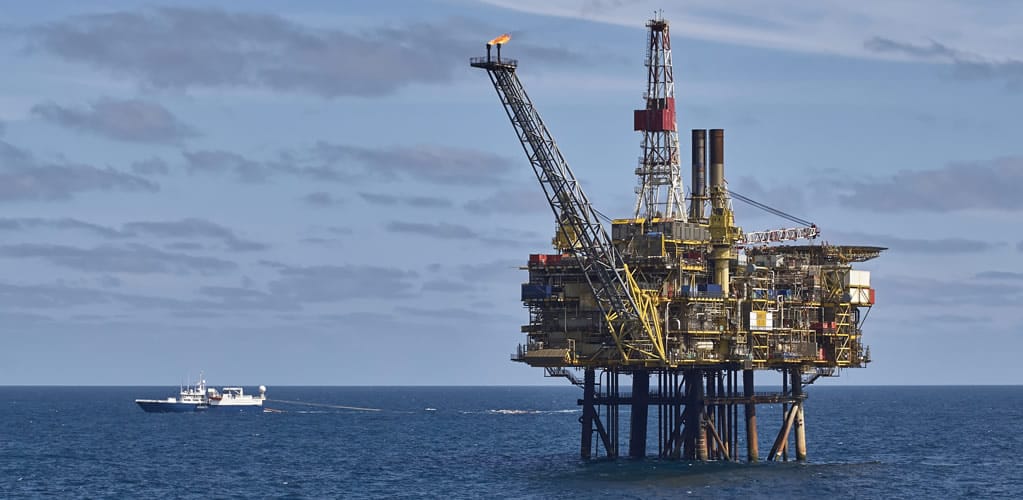North Sea oil: Politics, profits, and the price of environmental sacrifice
The UK’s approval of North Sea oil and gas licenses, including for a major Conservative donor’s subsidiary, sparks controversy. Critics question environmental impact, conflicts of interest, and adherence to climate goals.

The UK’s approval of North Sea oil and gas licenses, including for a major Conservative donor’s subsidiary, sparks controversy. Critics question environmental impact, conflicts of interest, and adherence to climate goals.
N ew oil and gas licenses in the North Sea raise questions about energy security, climate commitments, and political influence.
The North Sea, once a symbol of Britain’s industrial might, is now at the heart of a heated debate. The government’s recent approval of drilling licenses for 17 oil and gas companies, including a subsidiary linked to a major Conservative donor, has ignited a firestorm of criticism. This decision goes against the advice of climate advisors and raises crucial questions about energy security, environmental impact, and potential conflicts of interest.
CONTINUE READING...
Enjoy unlimited access now.
To get full access to this article,
simply become a member of PUBLIC SQUARE now.
By doing so, you will be supporting
our independent journalism.
MEMBERSHIP OPTIONS:
£3/month ∙ £5/month ∙ £7/month
You can cancel anytime.
BECOME A MEMBER
Already a member? Sign in here!
BENEFITS OF MEMBERSHIP:
✅ Read exclusive member-only articles
✅ Read our daily review of the UK front pages
✅ Receive every new article by email
✅ Access all our articles
✅ Get Special Discounts with our partners
✅ Join the conversation: Comment our articles
✅ Access our archives
✅ More importantly: Support independent journalism and keep the magazine going
Read more

— A global report reveals rising repression and criminalisation of climate and environmental protests, with state and corporate actors employing anti-protest laws, harsher policing, and violence to stifle activism worldwide.

— Polling accuracy in the U.S. presidential election faced criticism, despite improved performance over 2020. Small errors in a tight race amplified perceived inaccuracies, but swing state polls generally proved reliable, reflecting a close contest, Professor John Curtice explains.

— National populism, fuelled by media-backed disinformation, anti-immigrant rhetoric, and libertarian ideologies, threatens democracies globally by eroding institutions, fostering fear, and exploiting divisions.

— A UK tribunal upheld the ban on a Chinese businessman, citing national security risks. His links to Prince Andrew underscore concerns about foreign influence and lapses in public scrutiny.
|
|

